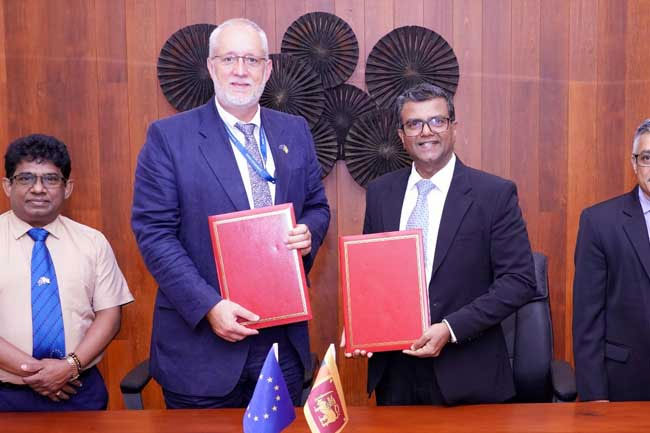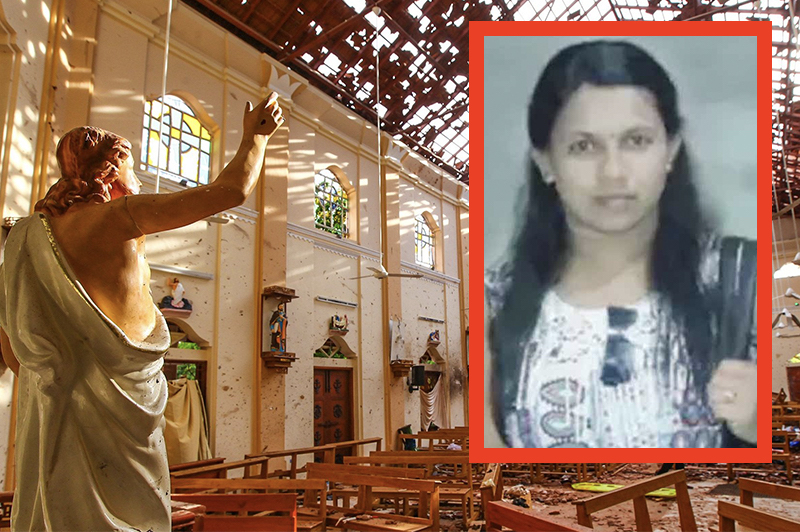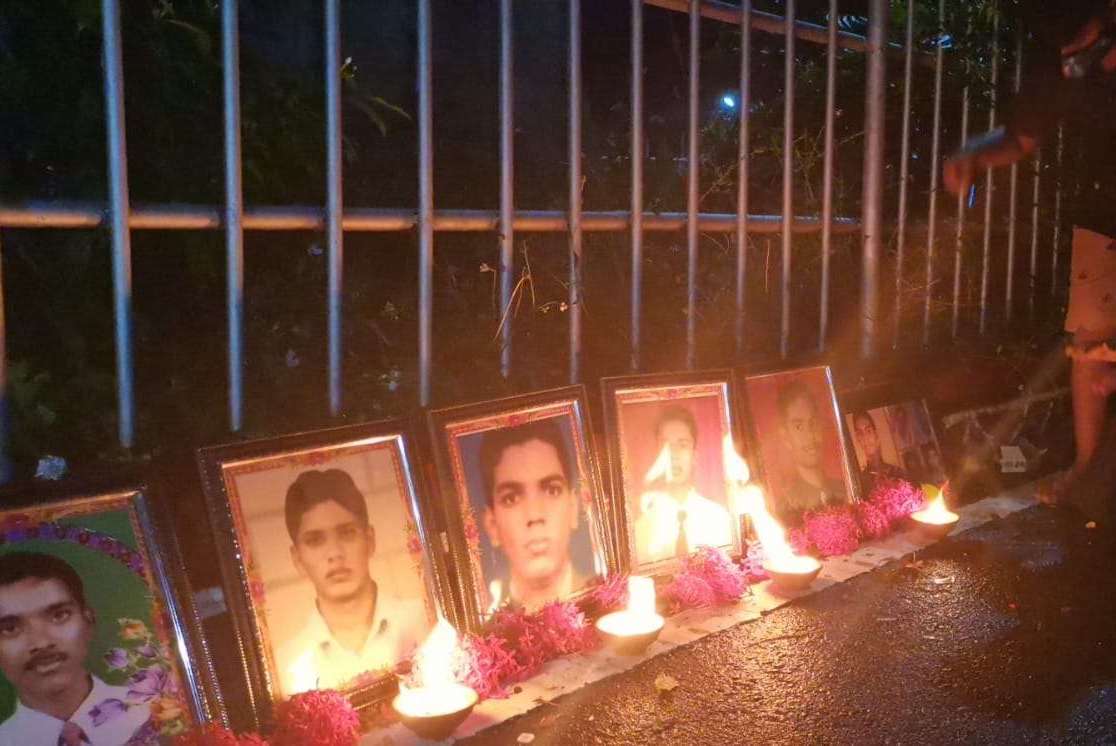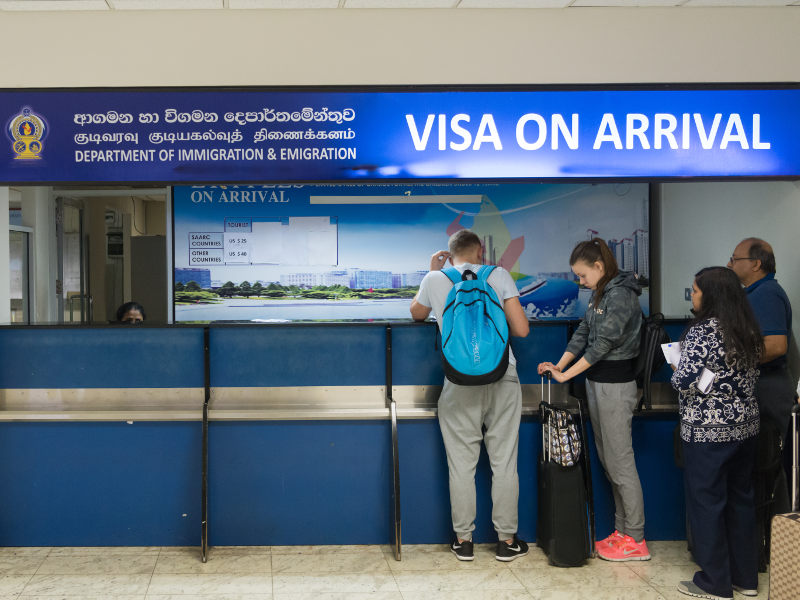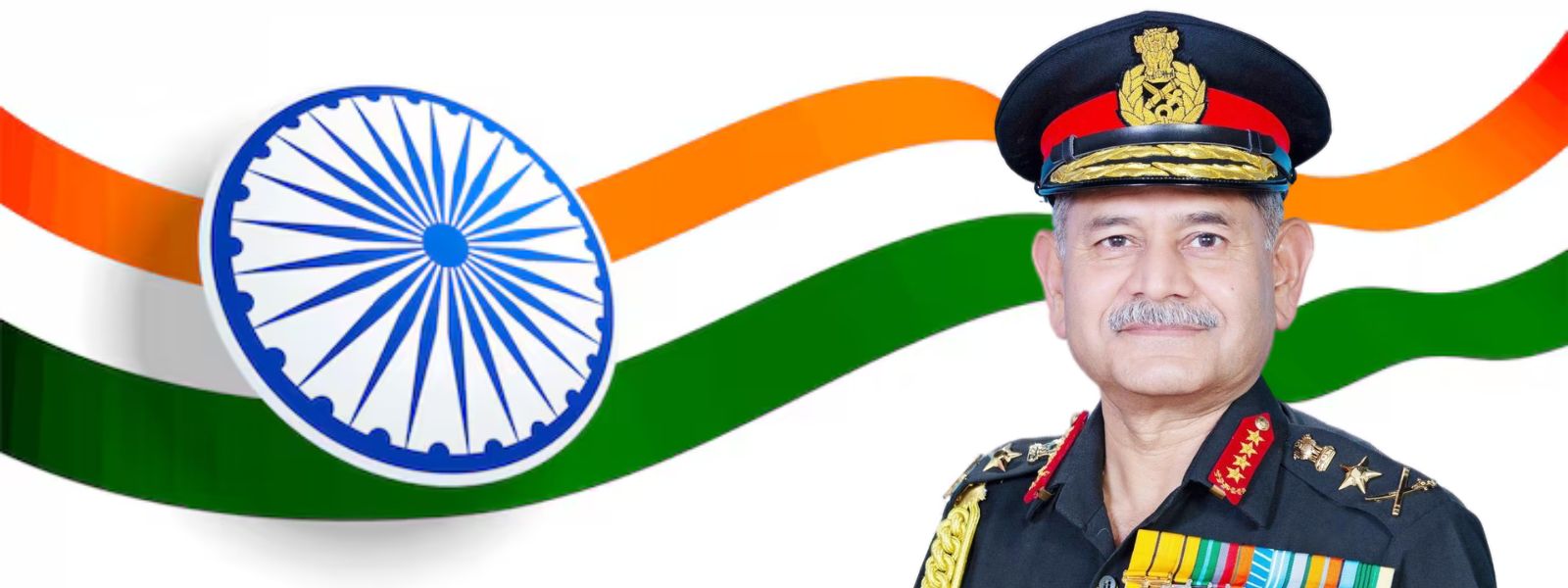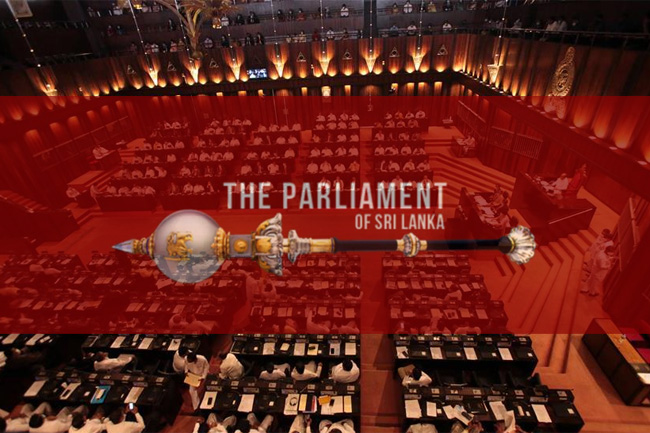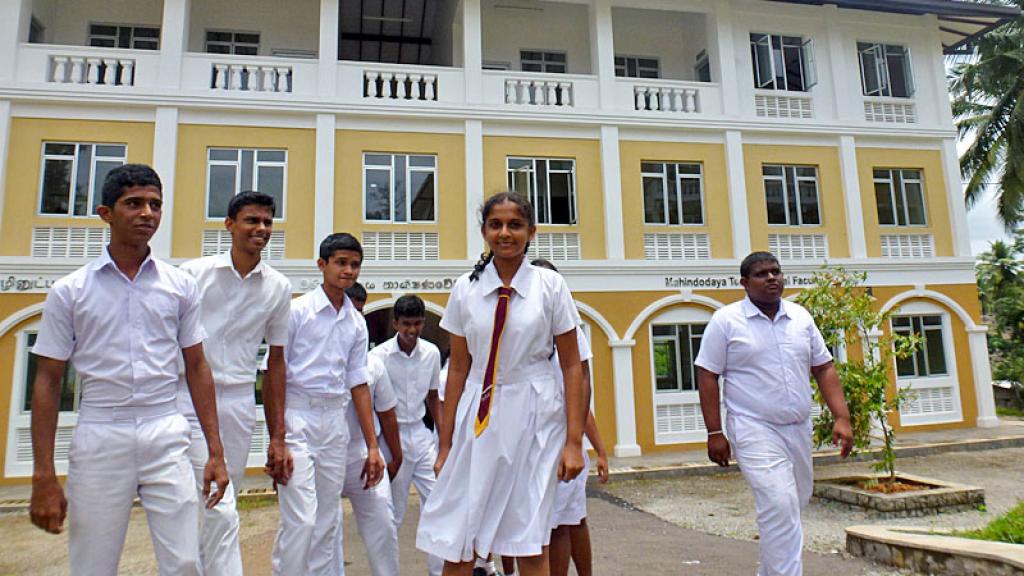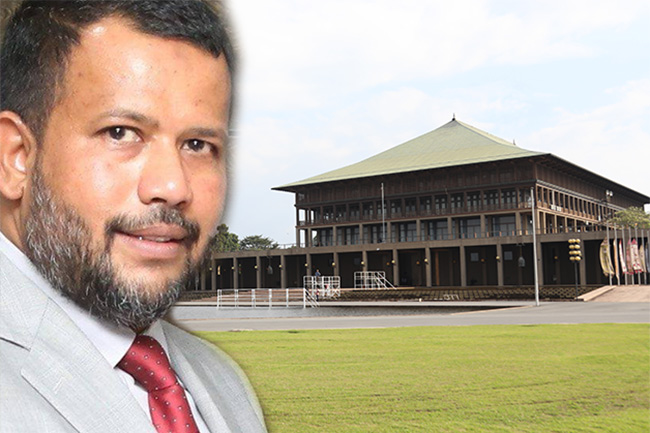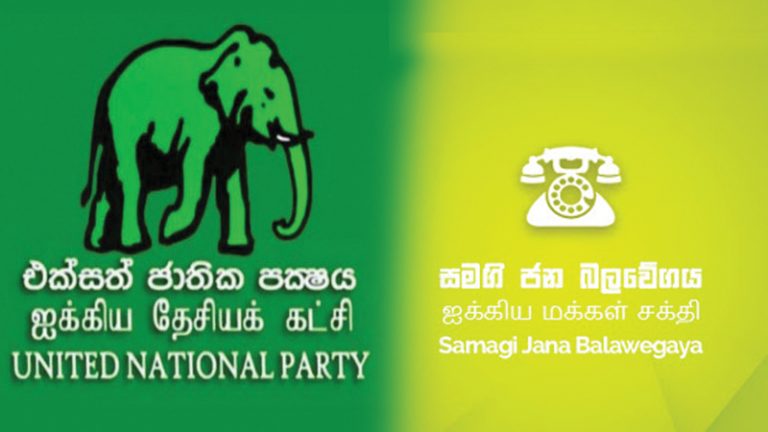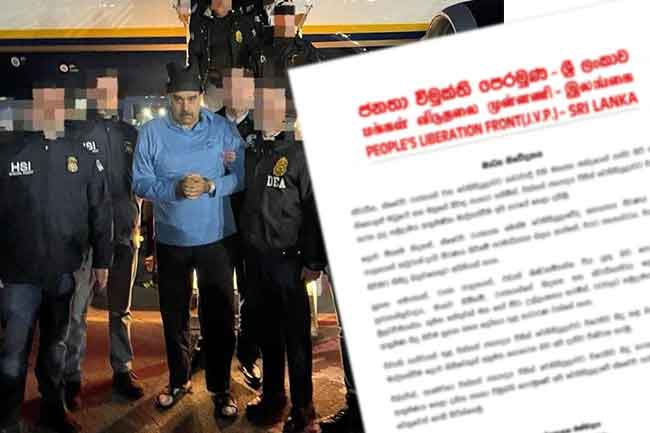The Government of Sri Lanka has signed a grant agreement valued at EUR 8 million with the European Union to launch a new initiative under the AgriGreen Initiative – Green Economic Growth through Sustainable Agriculture Practices project.
The grant, provided by the European Union, will support a project jointly developed by the Ministry of Plantation and Community Infrastructure as lead-Ministry, Rubber Development Department and Rubber Research Institute of Sri Lanka, and in partnership with the EU, the Ministry of Finance said in a statement.
The initiative will support Sri Lanka’s transition to green economic growth where sustainable consumption and production practices and food security are ensured, according to the Ministry of Finance, Planning and Economic Development.
Further, the project aims to catalyze a shift to more sustainable and environmentally responsible agricultural practices in selected value chains of the rubber sector with special attention to youth and women.
Dr. Harshana Suriyapperuma, Secretary to the Ministry of Finance, Planning and Economic Development, on behalf of the Government of Sri Lanka, and Dr. Johann H. Hesse, Head of Cooperation, Delegation of the European Union to Sri Lanka, on behalf of the EU were exchanged the signed Grant Agreement.
The Secretary of the Ministry of Finance, Planning and Economic Development expressed sincere appreciation to the European Union for its valuable support, noting that the project aligns closely with Sri Lanka’s sustainable development agenda, including market-oriented value addition and improved integration with export markets, the statement said.
This agreement stands as a testament to the strong and enduring partnership between Sri Lanka and the EU, the Ministry of Finance noted. It marks an important milestone in our shared commitment to green economic growth, sustainable consumption and production practices and food security.


